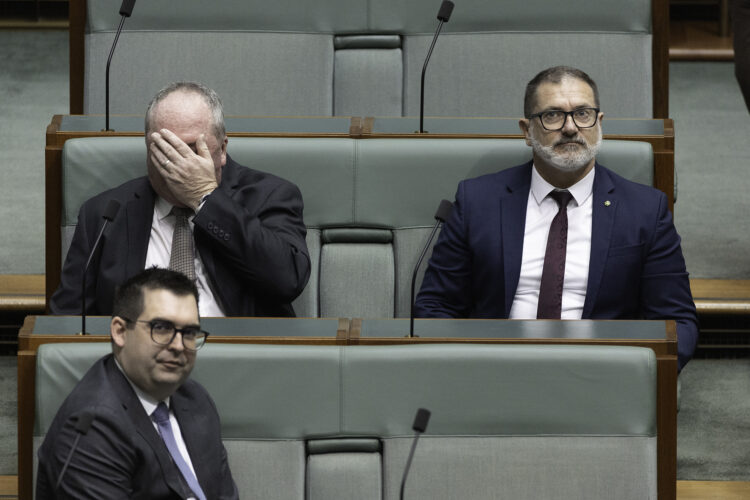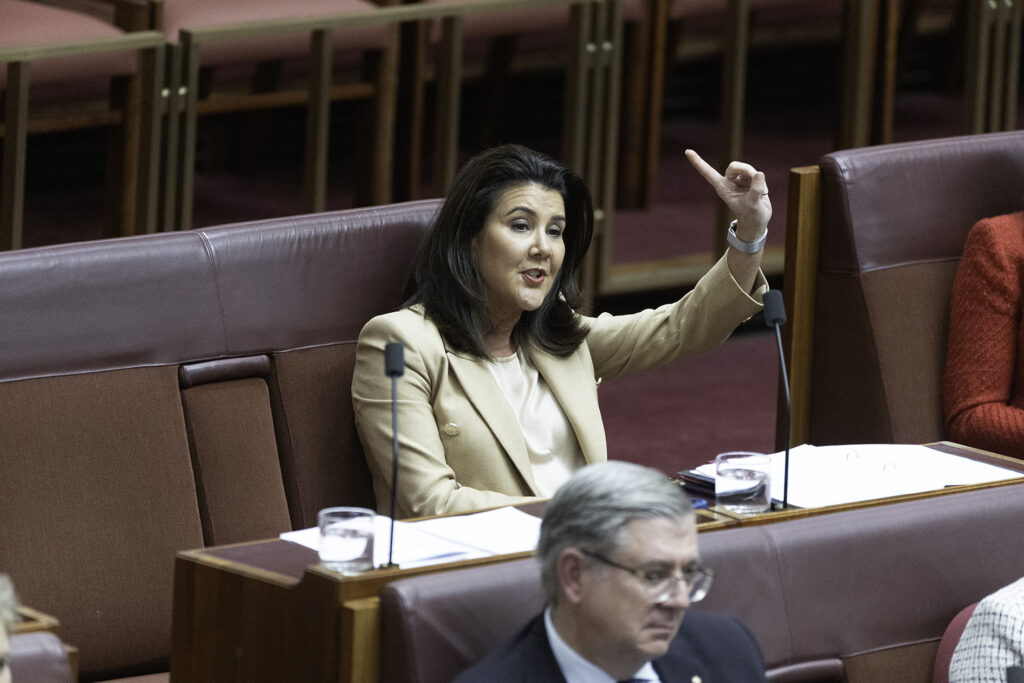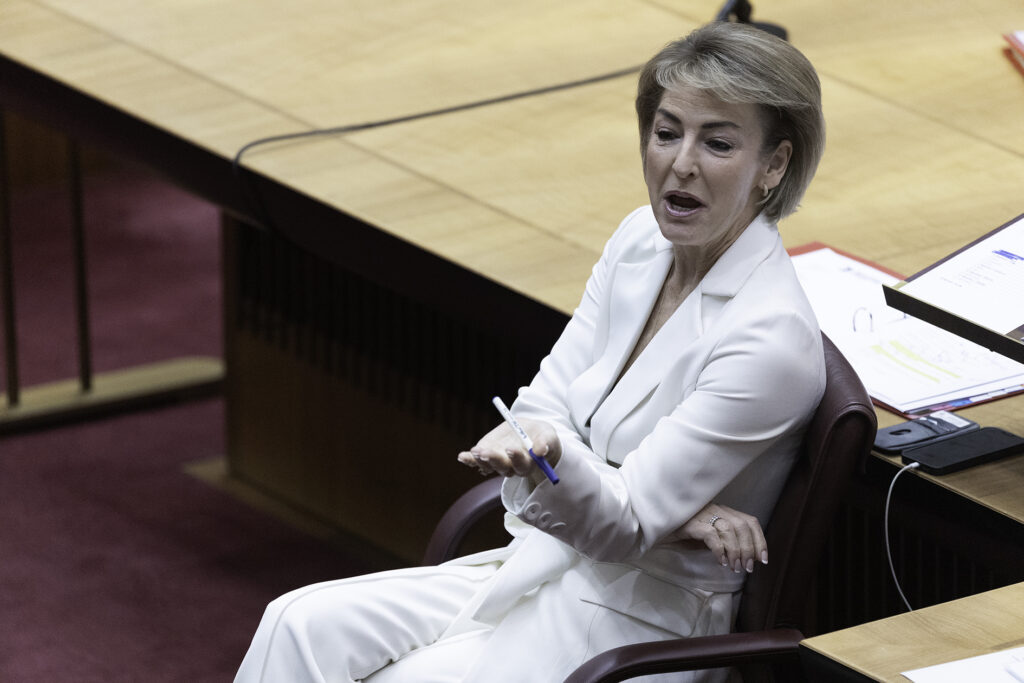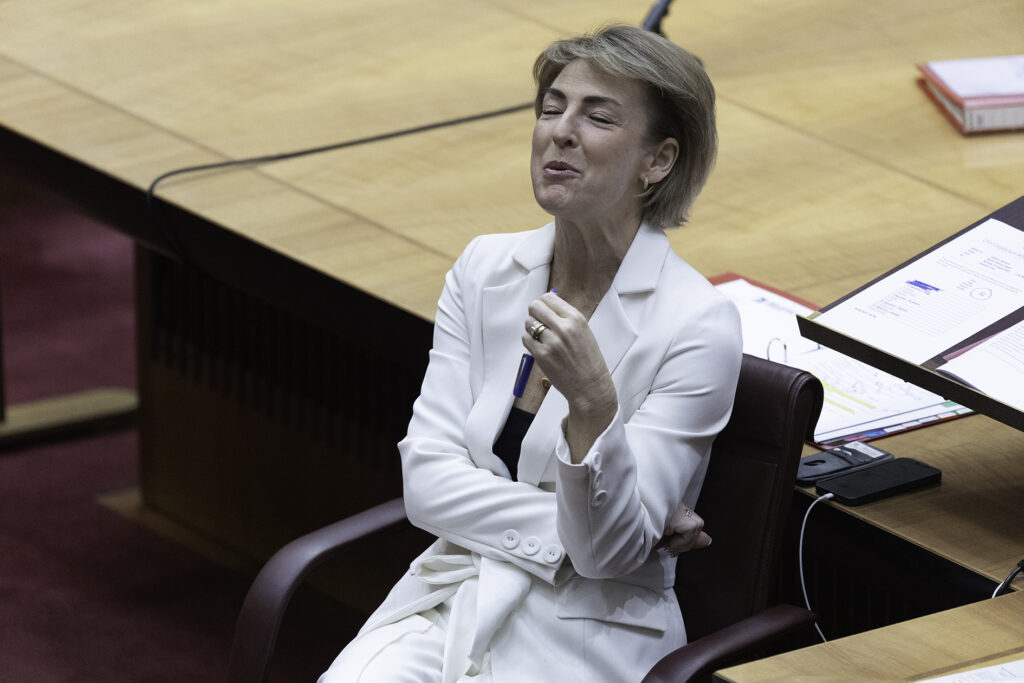Zali Steggall is up next with a non-government question. It is on her bill (although doesn’t name it)
Every $1 spent on disaster preparation saves up to $11 and disaster recovery costs yet less than 30 per cent of the National Emergency Management Agency’s budget is spent on preparation and resilience. Disasters are now costing 38 billion per year to Australians. Will you take this opportunity to re-evaluate funding priorities and ensure greater investment in resilience?
Anthony Albanese says he will ask the minister to add to his answer, but first says:
…We are certainly very conscious about the cost of climate change. It is real for. It is real, and in recent months I have cause have been to regional South Australia visiting drought communities. I have been to the Mid North Coast where there have been floods I have been to South Australia as well, Kangaroo Island just last week. Seeing the impact of climate change.
There is no question that while you can’t say every single weather event in Australia is because of climate change, what you can say is the science told us that there would be more events and they would be more intense and that is what we are seeing playing out.
Now with a range of funds including the announcement that I made last week was about changes to the RIC program being made available so that the issue of resilience and investment can be made to that program for issues which are unprecedented of course. In South Australia at the moment what you have is a combination of events.
You have the flood waters flowing down through the Murray Darling Basin, impacting and washed out and nutrients into the water there, but the thing that is really having impact is the water is about 2 degrees higher than it normally would be at this time of the year.
That is having an impact on the environment which is having an impact therefore on our economy, so I think the member is quite right to point towards investing upfront. That is something my government is looking at in a range of areas as well, as well as providing for local infrastructure programs that the minister might want to talk about as well.
Kristy McBain does want to talk about this:
It is because of this Prime Minister that there is actually investment in disaster response and readiness. We’ve created a disaster response fund, a $1 billion fund over five years with projects already being rolled out in rounds one, two and three just announced. Projects like levies as well as small projects like lifting up the capability of culverts to two lane concrete bridges. But not only is it important to invest in hard infrastructure, the soft infrastructure is incredibly important. Investing in preparedness programs in local communities across the country just like communities in Lismore that I visited last week or south-west Queensland which I visited the week before. Working with those local councils on priority projects in disaster readiness.




